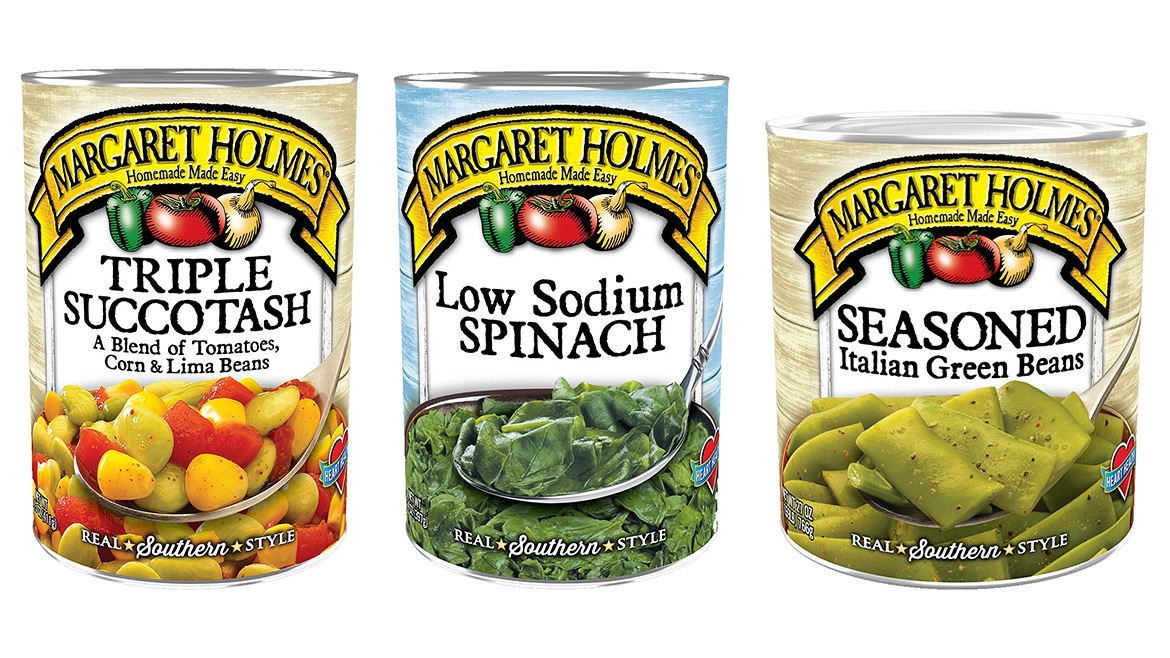
Image Source: SVTeam / Creatas Video+ via Getty Images Plus
Beyond Beverage Packaging: Exploring the Versatility of Aluminum Packaging
Craft beer and soft drinks are two products that often come to mind in the context of cans and aluminum as packaging materials, but our recent reporting reveals a broader versatility.
Upon hearing the words “cans” and “aluminum,” it’s logical to think of aluminum cans for beverage packaging.
While aluminum cans for beverage packaging represent an important industry segment, they surprisingly do not enter into this month’s focus on cans, steel and aluminum. It turns out that cans and aluminum play a variety of packaging roles.
In the first of our three focuses, Tom Gordon of Crown Holdings looks at the lifecycle of the food can and how it impacts brand owners, consumers and our overall society.
In the second focus, Steel for Packaging Europe expounds on the group’s recent name and logo changes and also celebrates a new record recycling rate for steel packaging within the European Union.
Finally, we look at how Amcor Capsules — a market leader in the design and manufacture of capsules, closures, and eco-responsible foils for still wines, sparkling wines, and spirits — is preparing to launch a plastic-free foil made of aluminum and paper.
Check out these three equally compelling cases for the use of cans, steel and aluminum.
From Harvest to Shelf: Enhancing Quality Through the Food Can

McCall Farms brand Margaret Holmes has grown since the 1930s to include a wide variety of Southern-style fruits and vegetables, all canned in Effingham, South Carolina, and sold nationwide. Courtesy of Crown Holdings, Inc.
The height of farming season in the United States is in full swing, with crops planted in the spring, tended throughout the summer, and harvested in early fall. Once harvesting time comes around, consumers tend to think about the fresh produce that makes its way from farms to our grocery stores, stands at our local farmers markets, and eventually to our tables. But, what about the canned food that lines store’s center aisles and provides us with produce year-round?
For generations, steel food cans have been a sustainable vessel for storing, protecting and delivering nutritious food to consumers across the U.S. throughout the year. With a more recent societal push for prioritizing fresh produce, it can be easy to overlook canned goods and the intricate process that works to capture and package crops at their peak freshness to be enjoyed all year. Additionally, the sustainable attributes of steel cans are aiming to combat the food waste epidemic in our country and provide a format that can be easily recycled, promoting a circular economy.
Let’s take a look at a food can’s lifecycle and how it impacts brand owners, consumers and our overall society.
APEAL Changes Name to Steel for Packaging Europe, Adopts New Logo

Steel for Packaging Europe says its new logo captures the essence of steel's circularity and its inherent multiple recyclability within a closed material loop. Courtesy of Steel for Packaging Europe
Steel for Packaging Europe has announced its transformation from APEAL (The Association of European Producers of Steel for Packaging), marking a significant milestone in the organization's journey.
Accompanying this change is a dynamic name and a fresh logo, capturing the essence of steel's circularity and its inherent multiple recyclability within a closed material loop.
Founded in 1986, Steel for Packaging Europe represents the five major European producers of packaging steel: Acciaierie d’Italia A.S., ArcelorMittal, Tata Steel, thyssenkrupp Rasselstein and U.S. Steel Košice.
Amcor Capsules, Moët & Chandon to Launch Plastic-free Aluminum/Paper Foil

Amcor Capsules is preparing to launch ESSENTIELLE, a plastic-free foil made of aluminum and paper. By replacing plastic with paper, the carbon footprint of this product will be 31% lower compared to standard complex foils. Courtesy of Amcor Capsules
Amcor Capsules — the market leader specializing in the design and manufacture of capsules, closures, and eco-responsible foils for still wines, sparkling wines, and spirits — is preparing to launch ESSENTIELLE, a plastic-free foil made of aluminum and paper, in October 2024.
With more than 280 years of history, Moët & Chandon, owned by LVMH, manages the largest vineyard in Champagne, with nearly 1,300 hectares of vines. The brand intends to continue its movement toward more sustainable packaging and is working with Amcor Capsules on the development and launch of its plastic-free foil.
An Innovative and Eco-Responsible Creation
The ESSENTIELLE foil is created using paper made in Europe, a material that has a lower carbon impact than other solutions made of plastic on the market. Indeed, by replacing plastic with paper the carbon footprint of this product is 31%* lower compared to standard complex foils.
In addition, ESSENTIELLE contains approximately 60% aluminum, a recyclable material. The recyclability of aluminum is attested by the TREE assessment tool by CITEO**, when combined with glass recycling in France. Aluminum also retains the product’s aesthetic properties. It fits the bottle perfectly and can be customized according to market requirements.
